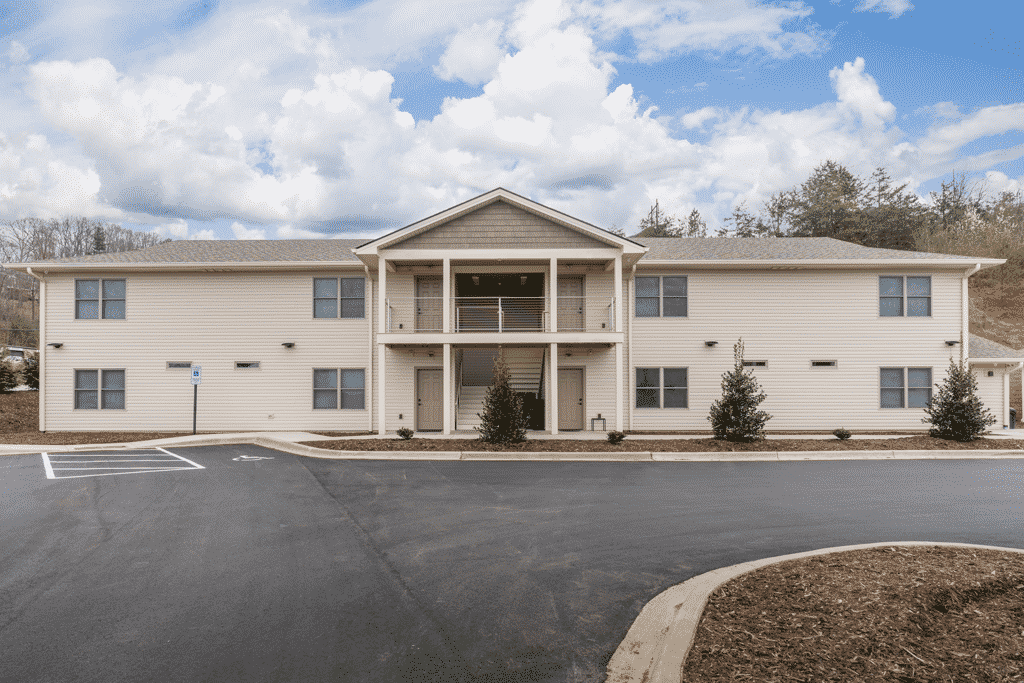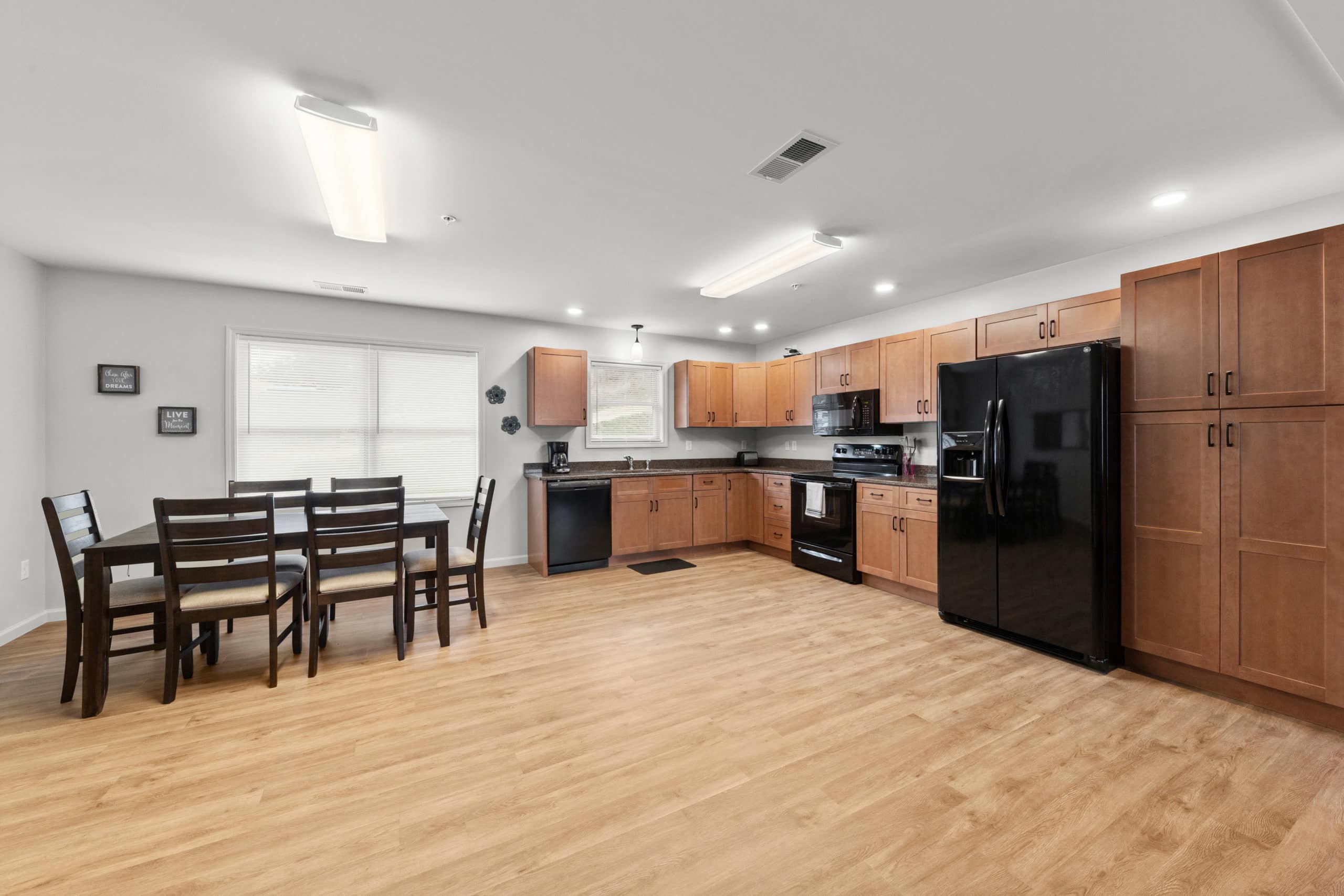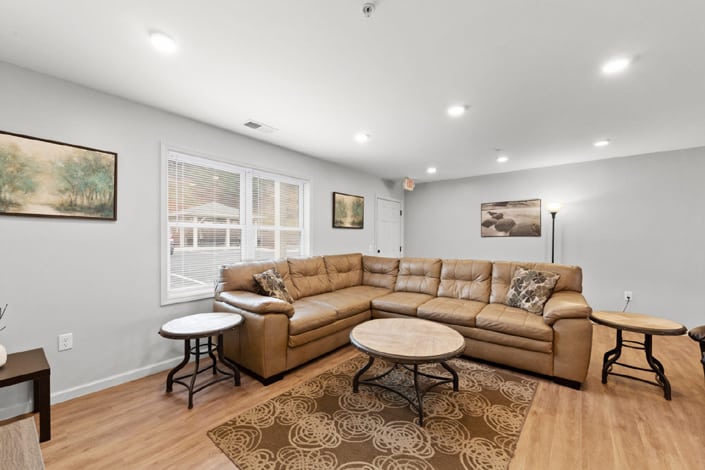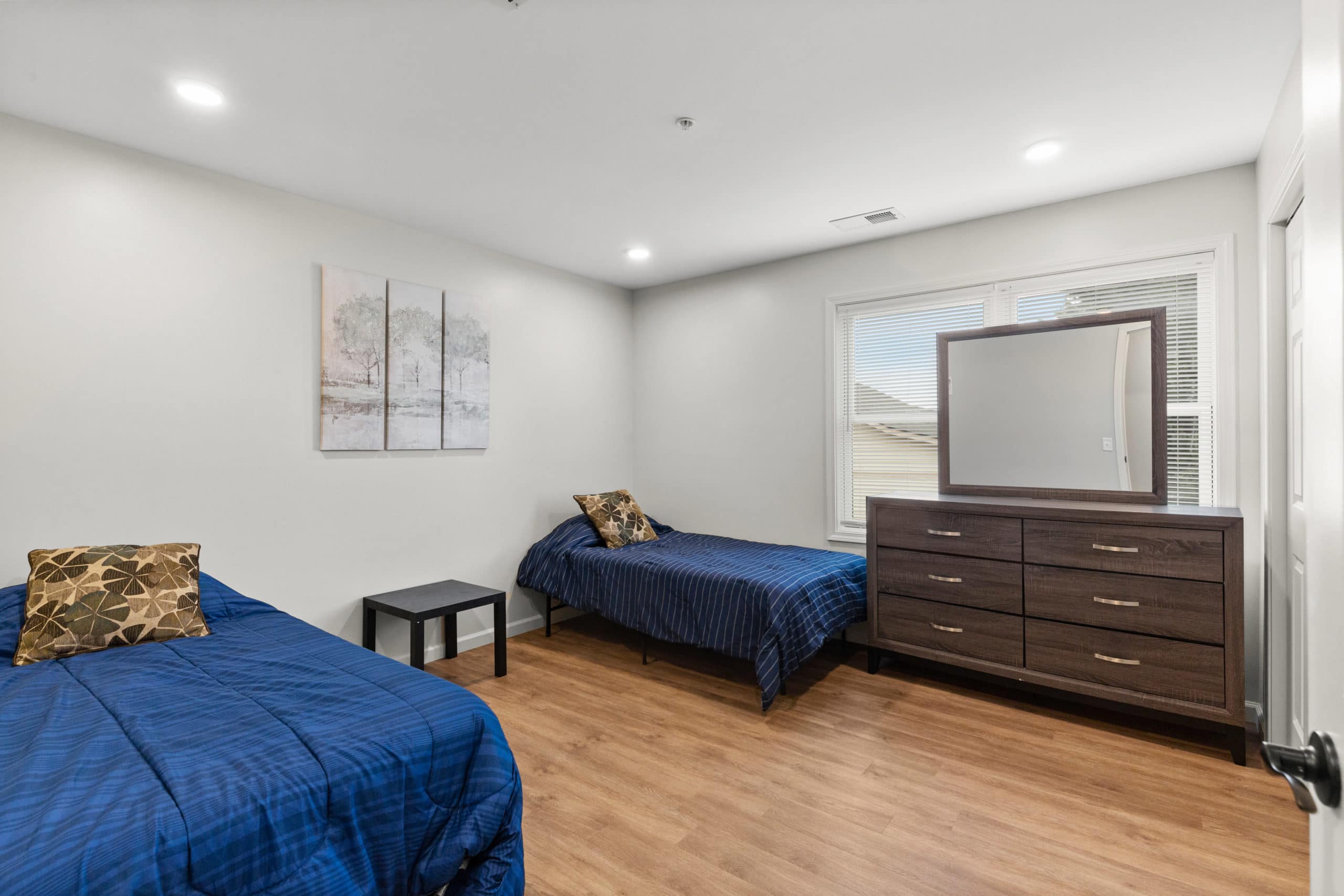- Call (866) 350-5622
- About Us
- Programs
- 90 Day Rehab Program
- Rehab
- Intensive Outpatient Program (IOP)
- Partial Hospitalization Program (PHP)
- Medication Assisted Treatment (MAT)
- Holistic Programming
- 12-Step Approach
- Aftercare Planning
- Alumni Program
- LGBTQIA+ Program
- Life Skills Training Program
- Residential Treatment Program
- Sober Living Program
- Veterans Treatment Program
- Services
- What We Treat
- Resources
- Admissions





